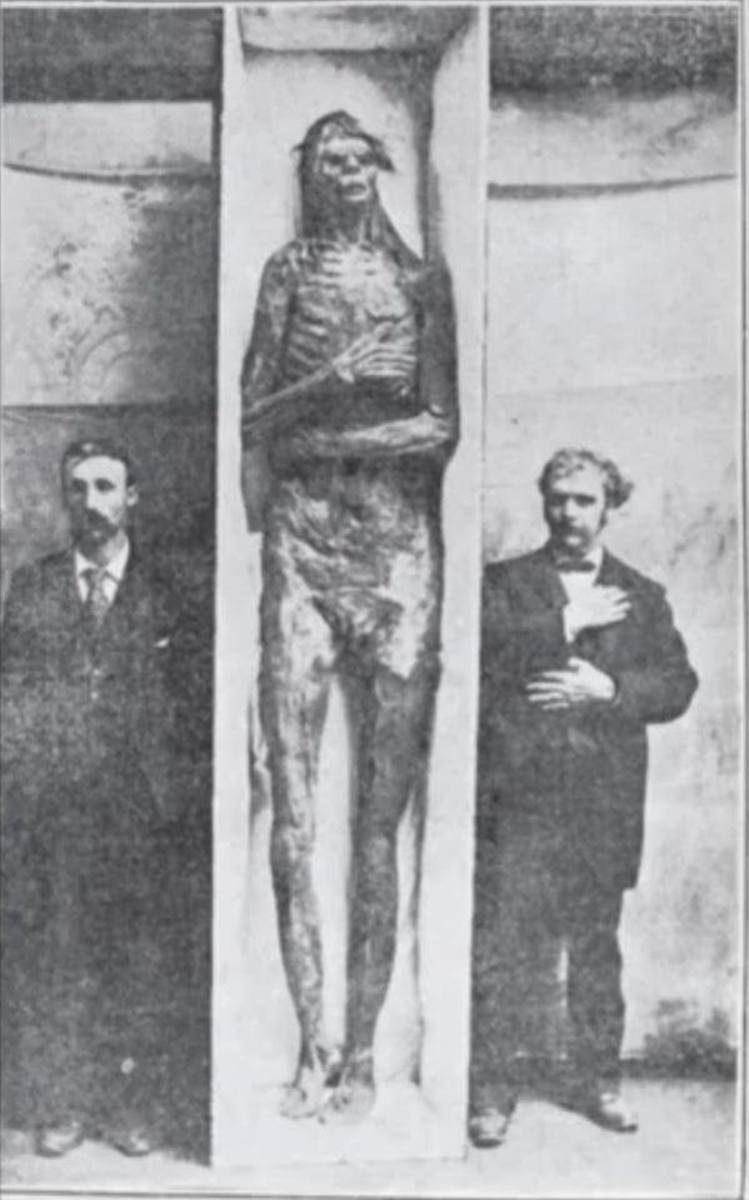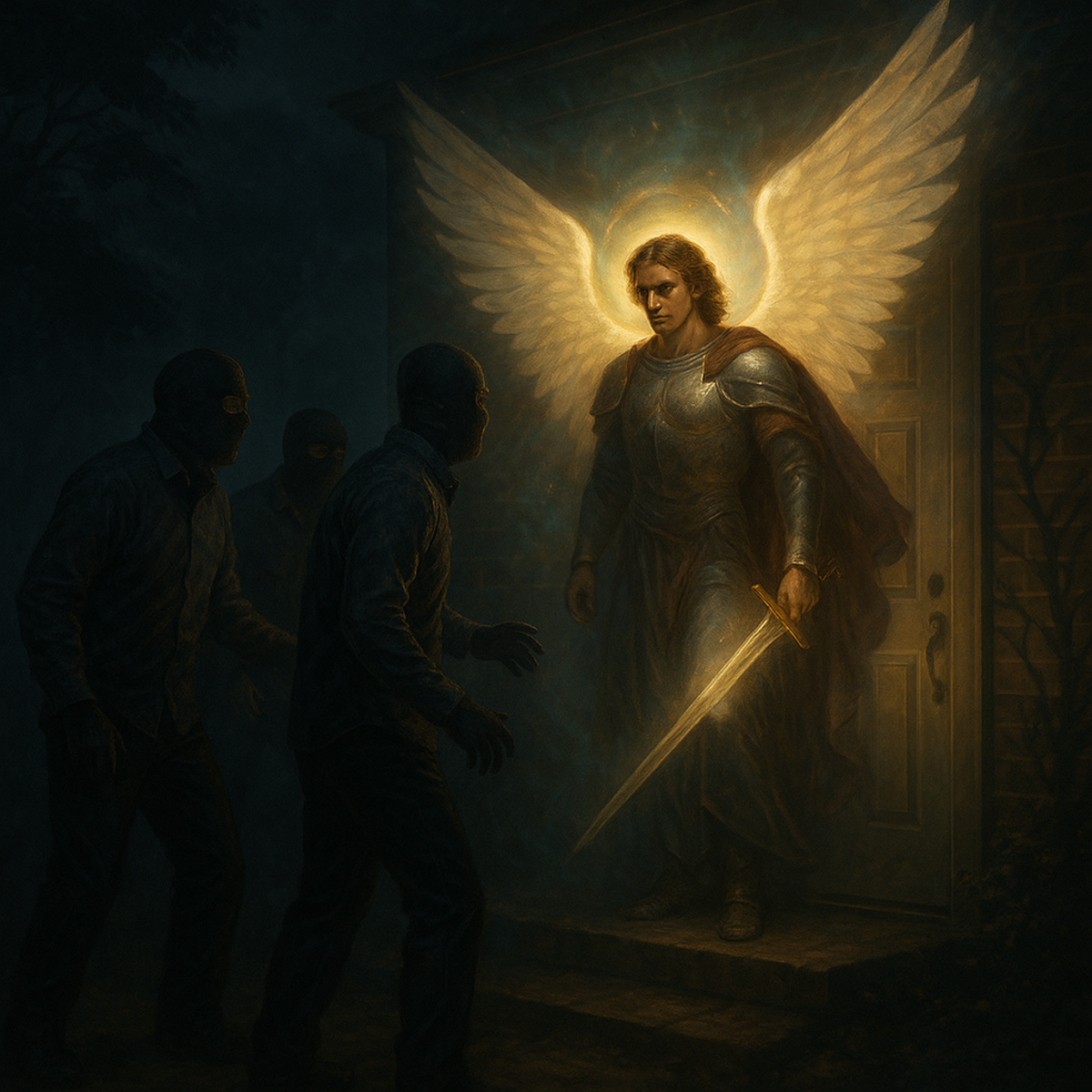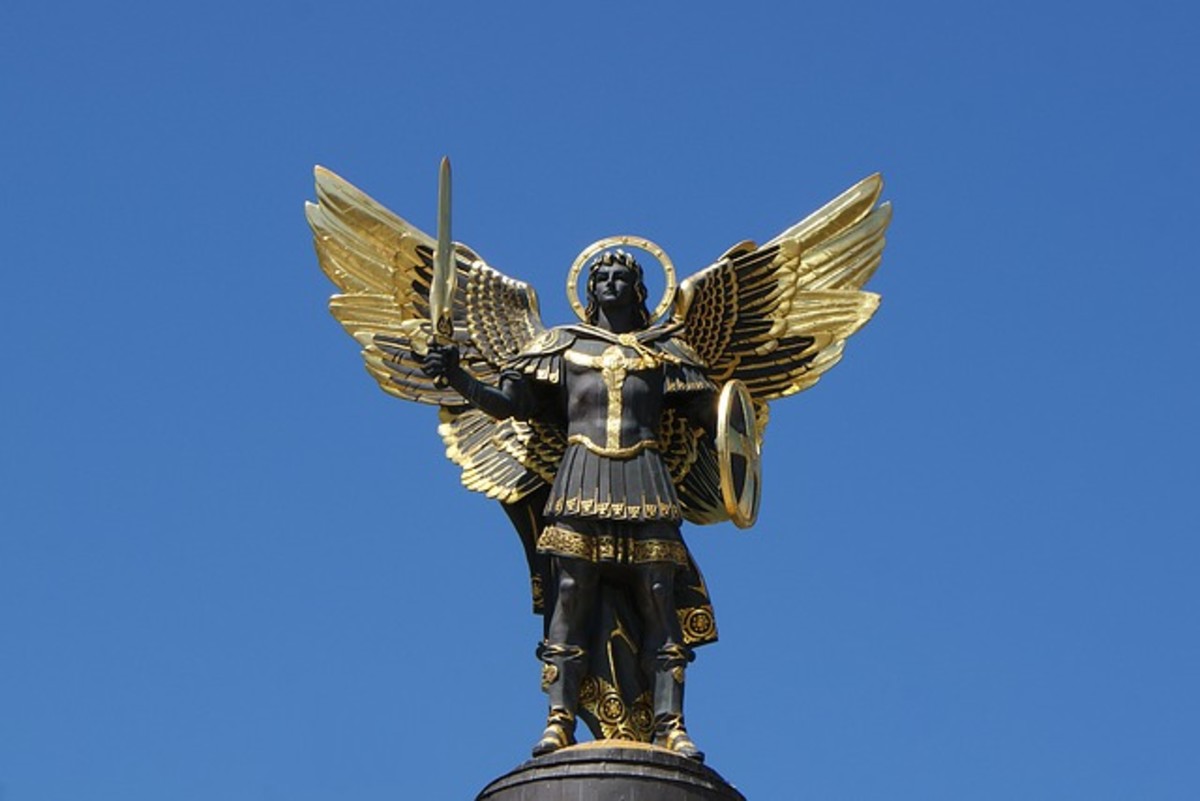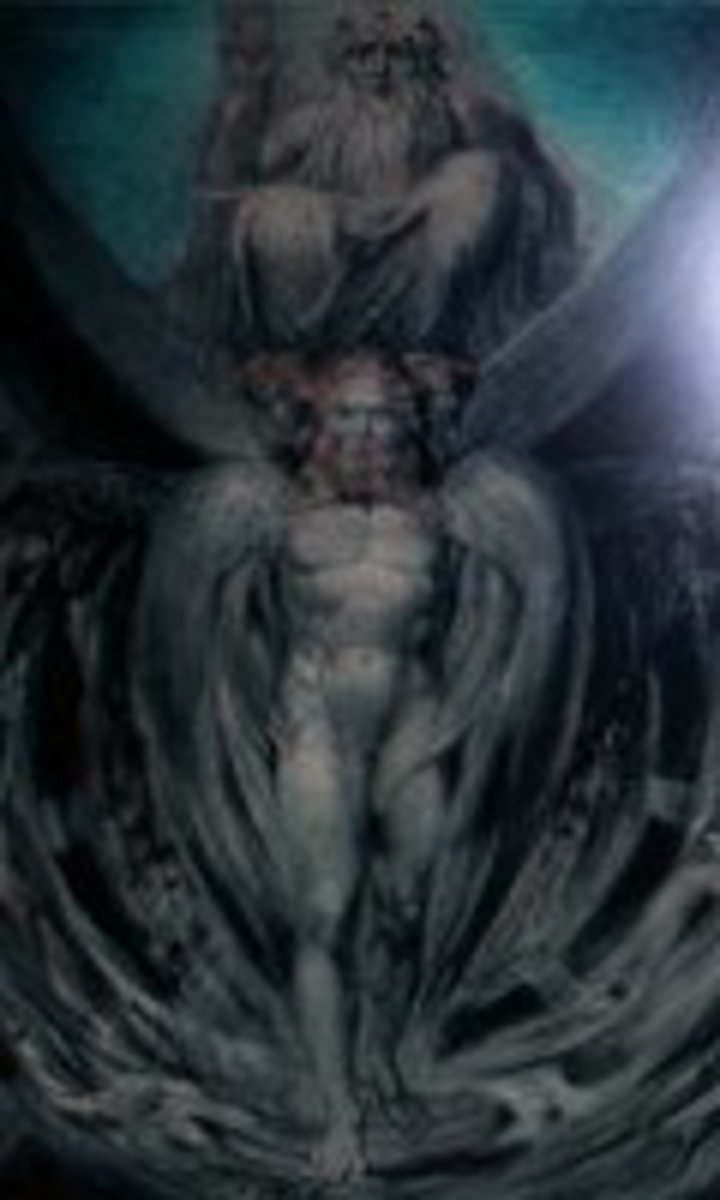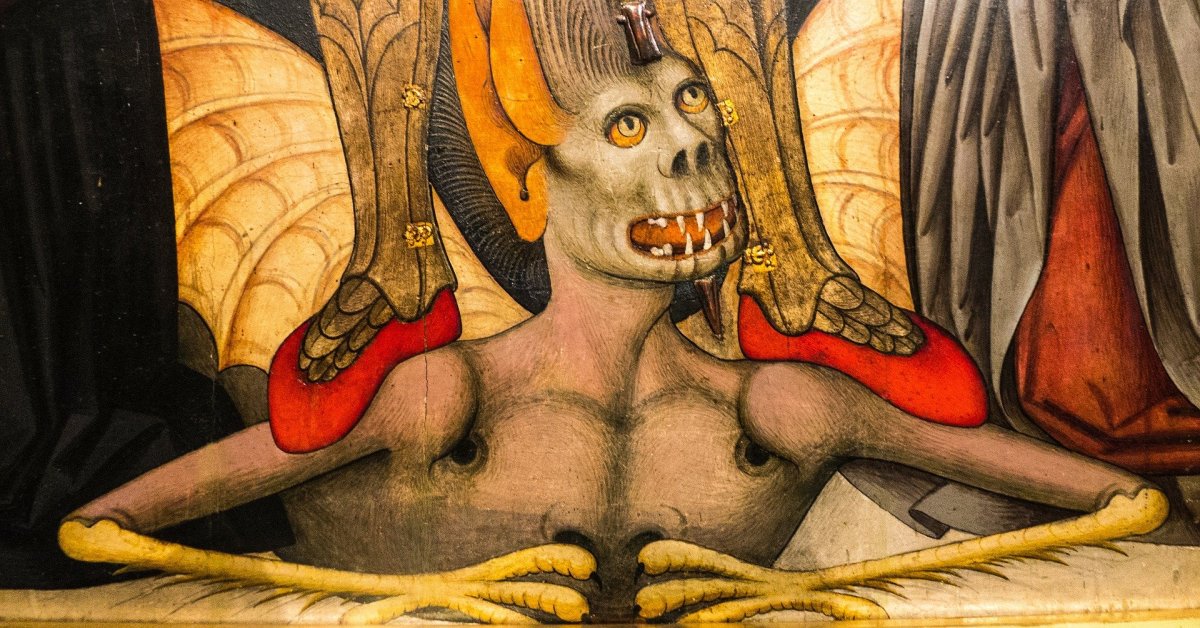Angels:Difference and Duties.
"Arch" is a prefix given to mean "chief" or "principal," implying that there is only one. In the Bible "Archangel" (the proper spelling of the term) is never found in the plural. 1Thessalonians 4:16 speaks of the Archangel and his authority in connection with the Christ. In fact, the only name ever linked to the word "Archangel" is Michael.
Jude 9 directly calls Michael the Archangel. So if this Michael is the Archangel and the Christ has the Archangel's voice, it would only be sensible to reason that they would be one in the same.
In the Hebrew scriptures, Michael is called "one of the foremost princes" coming to the aid of a lesser (less powerful) angel. Michael was even called the prince of Daniel's people, showing that it was most probably Michael that brought the Israelites through the wilderness. (Daniel 10:13, 20, 21, and 12:1; Exedous 23: 20, 21, 23; 32:34; 33:2)
Even after Jesus' resurrection, he is described as speaking with an Archangel's voice, lending support to the idea that he, himself, is the Archangel since he would be chief over all other angels and has been shown to be stronger than other angels.
If the word "Archangel" applied to angels other than a single chief, it wouldn't express the same authority, and saying that Jesus had the voice of an Archangel would mean that he was no greater than any number of other angels.
But we know that the Christ is over all other creation, so Archangel must be unique in its use.
Not even Gabriel was called an Archangel in the Bible. Saying he is an Archangel is derived through superstition and the traditions of men and did not enter into religious use until hundreds of years after Christ died.
Even the meaning of the name Michael hints at who the Archangel really is. It means "Who is like God?" pointing to the fact that God is without like, or equal, and that Michael, His Archangel, is God's great Champion or Vindicator. Who would that be other than the Christ?
There are different classes of angels spoken of in the Bible. First of all, angel means "messenger" and is only used in the heavenly sense for that word (i.e. humans were called messengers while heavenly messengers were called "angels.")
So, here is the basic hierarchy:
Archangel Chief Angel
Seraphs (Isaiah 6:2, 6)
Cherubs (Genesis 3:24; Ezekiel 10:1-22) These are not the foolish little babies with wings we see on the Valentine's Day cards. Those are actually images from pagan mythology (Cupid et al). The Cherubs were powerful angels used for such things as keeping Adam and Eve out of Eden after they sinned, and they even were represented on the Ark of the Covenant as holding their powerful wings over it.
Other angelic classes are hinted at, but not defined. Angels are described as going in and out from before the throne of God and as warriors protecting God's people.
We know that angels are used to answer the prayers of those earnestly searching for God--Daniel 9:20-23. Angels have been used to fight the wars of God's Holy People--2 Kings 19:35. Angels ministered on behalf of Abraham, Jacob, Moses, Joshua, Isaiah, Daniel, Zechariah, Peter, Paul, and John.
Angels are always represented in the Bible in male form. This is not because they are "men" but because of the strength the male form expressed, especially in Biblical times. Angels are sexless, although all of the angels that left their appropriate place in heaven before the flood of Noah's day took male form because they became attracted to the "daughters of men."
I urge everyone to use the Bible to find out more about angels and to ignore the fiction that the media and the church create. You can't believe most of what they say on the subject because the are trying to please people and not God as they truly should. Any time you say something that is in opposition of what the Bible says, you are dishonoring God and actually working against his Holy Spirit.
But in any case, those are the basics of the difference between "Archangel" and "angel" and the duties which they execute.
Best to you all!

